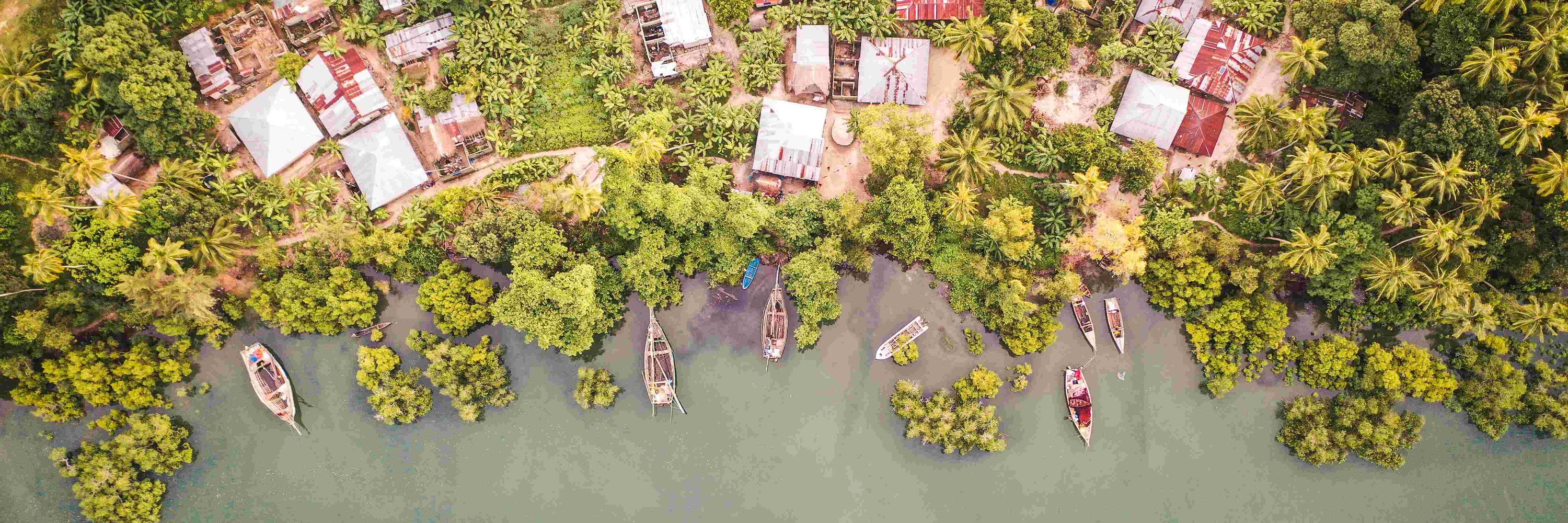
Matt Clark 🌳🌄🏖️
@mattcscience.bsky.social
Social-ecological systems scientist | fair weather adventurer | full-time fool
Currently @ Thriving Oceans Hub, University of Sydney 🦘
Research: https://t.co/mhIogeqf9u
Currently @ Thriving Oceans Hub, University of Sydney 🦘
Research: https://t.co/mhIogeqf9u
Also, see some great write-ups by SBS news: www.sbs.com.au/news/article...
and Oceanographic: oceanographicmagazine.com/news/conserv...
and Oceanographic: oceanographicmagazine.com/news/conserv...

'Blind spot': Researchers warn of hidden crisis undercutting environmental progress
Experts say the issue may be far more widespread than is recognised — and we should be keeping track.
www.sbs.com.au
November 11, 2025 at 9:00 AM
Also, see some great write-ups by SBS news: www.sbs.com.au/news/article...
and Oceanographic: oceanographicmagazine.com/news/conserv...
and Oceanographic: oceanographicmagazine.com/news/conserv...
I don't know that this little letter will move the needle in any way, but the work done by the Ngezi Vumawimbi Heritage Organization certainly does. See their website here: www.ngeziforest.com

Ngezi Vumawimbi Heritage Organization
Our mission is to protect and help transmit to the next generation of Pembans the rich biodiversity and cultural heritage of Ngezi forest. We aim to connect the people living around the forest, and fu...
www.ngeziforest.com
September 25, 2025 at 9:38 PM
I don't know that this little letter will move the needle in any way, but the work done by the Ngezi Vumawimbi Heritage Organization certainly does. See their website here: www.ngeziforest.com
The features that make conservation scalable and durable aren't necessarily those that deliver the most environmental benefit at the level of individual sites!
@ic-cep.bsky.social @imperialsci.bsky.social @imperiallifesci.bsky.social
@ic-cep.bsky.social @imperialsci.bsky.social @imperiallifesci.bsky.social
September 12, 2025 at 10:18 PM
The features that make conservation scalable and durable aren't necessarily those that deliver the most environmental benefit at the level of individual sites!
@ic-cep.bsky.social @imperialsci.bsky.social @imperiallifesci.bsky.social
@ic-cep.bsky.social @imperialsci.bsky.social @imperiallifesci.bsky.social
This project was a collaboration between our group at Imperial Collect London including @morenamills.bsky.social & @tom-pienkowski.bsky.social, local partners at Conservation South Africa, Meat Naturally, and @conservationorg.bsky.social, as well as others not on bluesky.
September 2, 2025 at 9:00 AM
This project was a collaboration between our group at Imperial Collect London including @morenamills.bsky.social & @tom-pienkowski.bsky.social, local partners at Conservation South Africa, Meat Naturally, and @conservationorg.bsky.social, as well as others not on bluesky.
2) What people do with their animals further affects the environment. While tons of research focuses on the direct effects of climate and climate change on rangelands, we forget that climate also affects people's behavior. These secondary effects can be massive, but also predictable.

September 2, 2025 at 9:00 AM
2) What people do with their animals further affects the environment. While tons of research focuses on the direct effects of climate and climate change on rangelands, we forget that climate also affects people's behavior. These secondary effects can be massive, but also predictable.
This is important for two reasons: 1) Poorer communities are more likely to sell cows during droughts to pay for food for the rest of the herd. This is disadvantageous. They're worth less when they're skinny and the market gets flooded with people doing the same. This is a sort of poverty trap.

September 2, 2025 at 9:00 AM
This is important for two reasons: 1) Poorer communities are more likely to sell cows during droughts to pay for food for the rest of the herd. This is disadvantageous. They're worth less when they're skinny and the market gets flooded with people doing the same. This is a sort of poverty trap.

